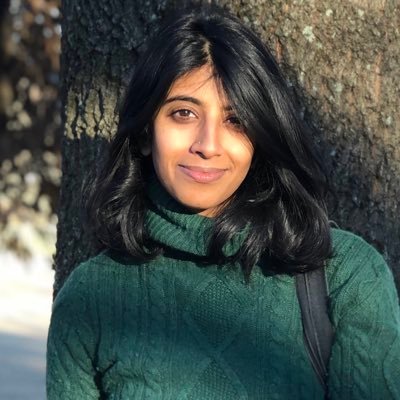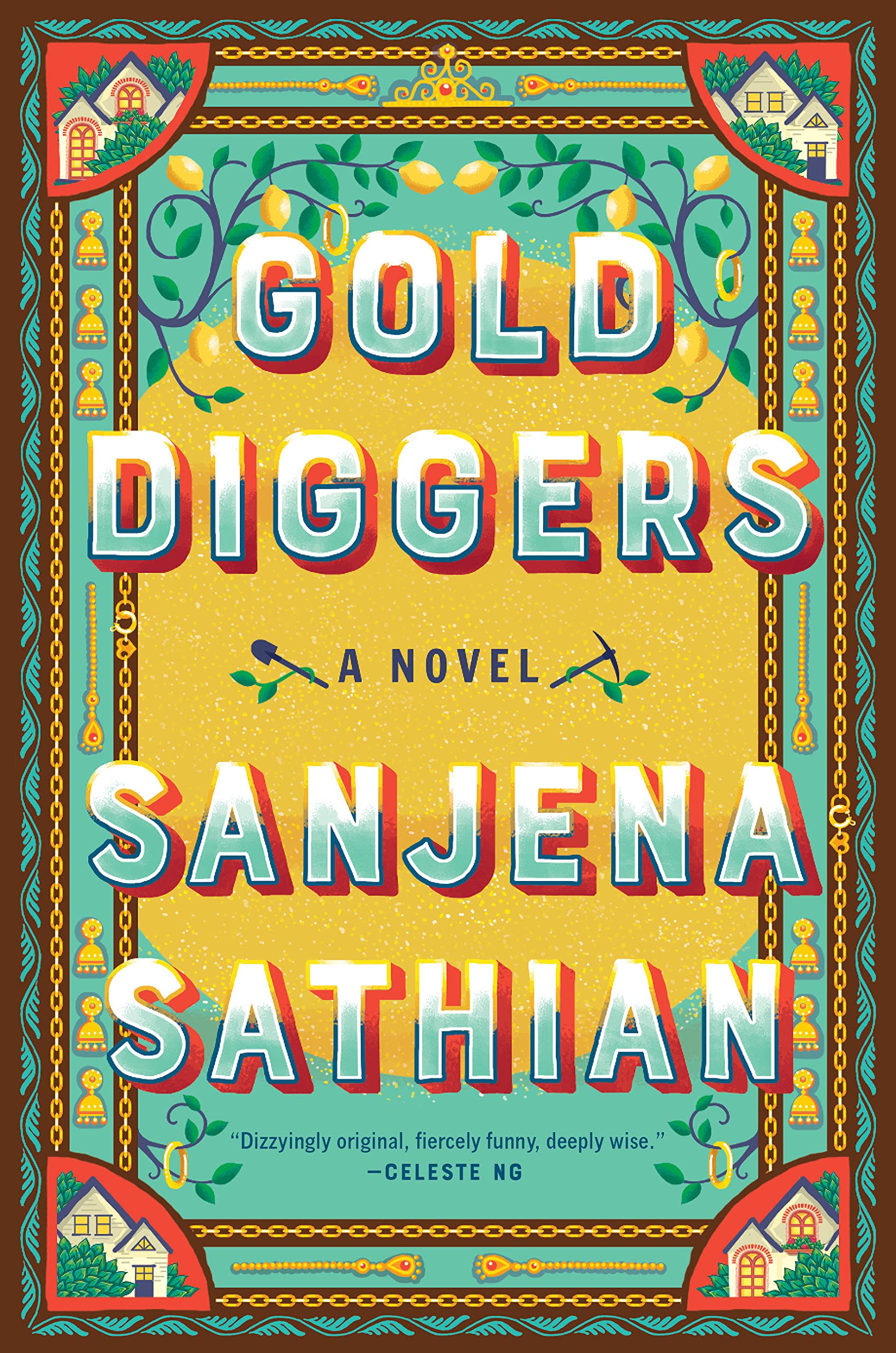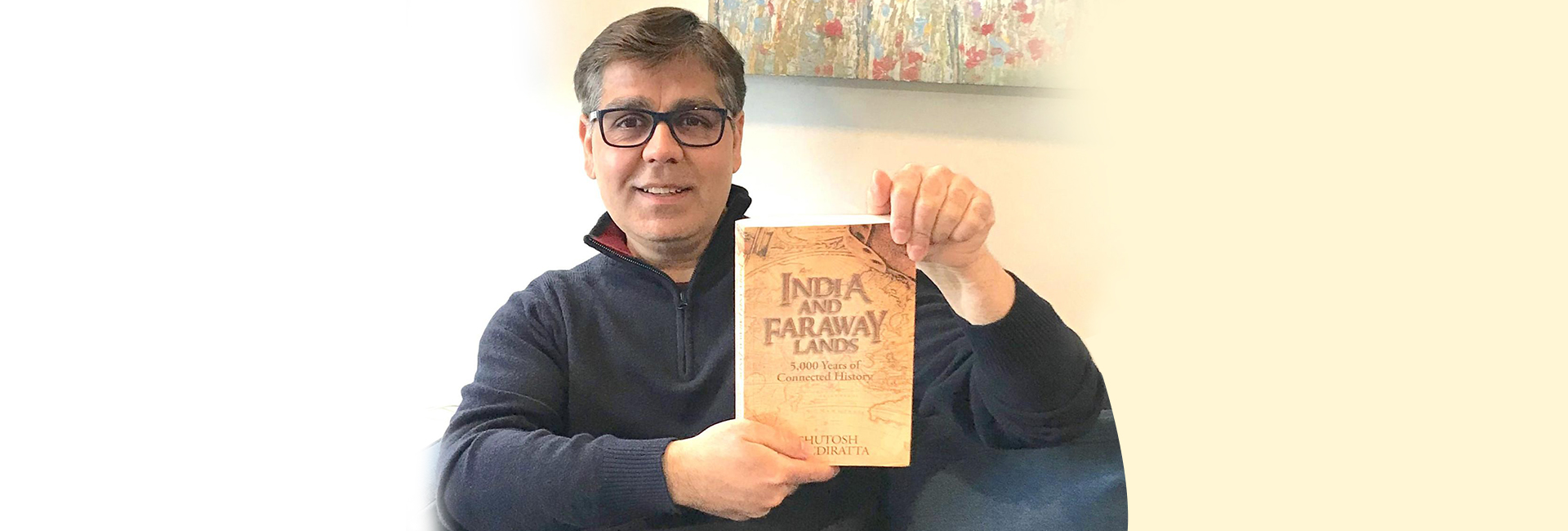(April 19, 2023) What it means to be both Indian and American? An unnerving question that has kept a generation of Indian-American kids grappling with a feeling of otherness in a country they find at times hard to call home. Being divided between the expectation of their immigrant parents and their own free will, it’s the crossroads they often find themselves at. Author Sanjena Sathian explores this very notion in her debut book Gold Diggers. A melting point of ambition, American dream and alchemy, the book redefines identity.
The 30-year-old, born to immigrant parents who moved to the US with an American dream, had to unlearn a lot to find herself and her identity in the chaos. This in turn led to the emergence of her first book that had put her into the longlist for the Center for Fiction’s First Novel Prize. Not just this, Mindy Kaling is ready to put this piece of work on the small tube with the screen adaptation of Gold Diggers.
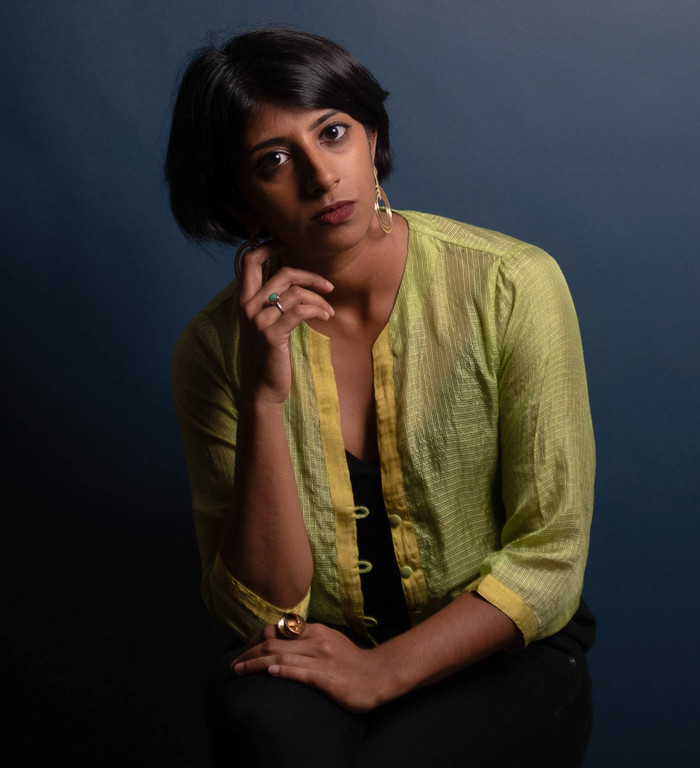
Sanjena Sathian
Sanjena’s entry into the world of writers has been with a bang but she had to do a lot of soul searching to reach here.
Pressure to overachieve
Born and raised in Georgia by South Indian immigrant parents, Sanjena grew up in metro Atlanta and attended the Westminster School. Being the grand daughter and great granddaughter of respected Malayalee translators, a young Sanjena always dreamt of becoming a writer. She would spend hours scribbling stories in her diary. When she wasn’t writing, she would be competing as a policy debater in high school, eventually winning the national championship as a senior. “Once I started winning, I couldn’t get enough of it. I became addicted to the hope of winning, and then actually winning — like my existence was confirmed if I won a debate. I sort of became a flat creature if I lost because I didn’t know what to do with that loss,” she said in an interview.
Like every second-generation American, she, too, had her eyes on the Ivy League, courtesy the expectation of her parents who wanted her to make it to one of the elite colleges in the US. But internally she often struggled as she felt she was failing to meet the heavy expectations of her family and teachers. And this would often put her under immense pressure to overachieve. “It’s comical that I wore this talismanic Harvard sweatshirt and it’s comical how obsessed I was with winning debates. But it’s also tragic that I robbed myself of an inner life and made it really painful for myself to underachieve,” the author told the New York Times.
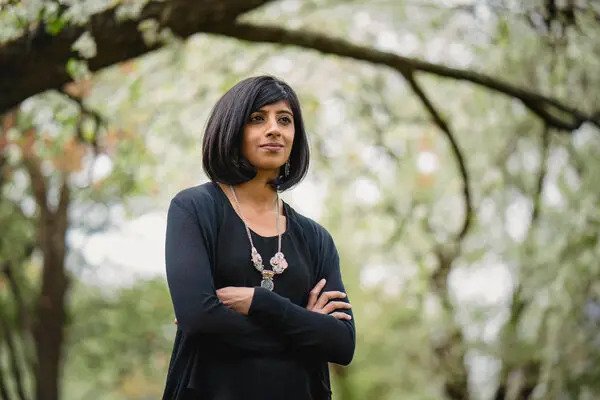
Sanjena Sathian (Photo Courtesy: NYT)
Questioning her choices
She didn’t land up in Harvard but at Yale University where she earned a BA in English and studied literary journalism and fiction. It was here that she received multiple grants to report from three continents and was awarded the English Department’s highest honours for each of her two senior thesis: one on the novels of Zadie Smith, the other a series of linked short stories.
Despite her good grades and a great portfolio, she struggled to find a job as a journalist. New York Times revealed that she once called her dad to discuss the possibility of switching to a career “where it’s possible to be mediocre.” She eventually became an Indian correspondent, based in Mumbai, for a California-based digital publication Ozy. After staying in the role for two years, she felt that writing was her true calling so she returned to the US and dove straight into the two-year Iowa Writers’ Workshop residency in 2017.
The book that changed it all
The seed of her debut novel Gold Diggers germinated during one of the workshops at Iowa. What began as a failed short story became an obsession for Sanjena, who was keen to explore the characters and the concept of conceit. Soon a handful of pages turned into a full-fledged novel, and Sanjena’s first book was born.
Sanjena’s debut book, which was longlisted for the Centre for Fiction’s First Novel Prize, tells the story of a teenager who struggles with balancing his own ambitions and those of his parents, and finding his own way to be brown in America. Being herself the daughter of immigrant parents, she beautifully depicts the crossroads at which often most second-generation Americans find themselves.
American dream
“I grew up being told that there were ‘real Indians’ like my parents, and then ABCDs (American Born Confused Desis) like me. I think that’s just a ridiculous way to teach someone to think about their identity — as though the fact that I’m born in America inherently makes me confused. What it does is give me a multiplicitous identity, which is something that writers like Smith and Rushdie have engaged with much more richly. So, the book is concerned with identity, but in ways that are less basic than ‘Am I Indian or am I American or both?’, the author said in an interview.
Being raised in the US in a family that was fixated with the American dream, this Global Indian realised that the concept was ingrained deeply in the minds of the people who left their homelands to find a better life in the US. But the writer calls American dream a dangerous idea that is playing with the ideals and aspirations of the immigrants and their families.
“The American dream is a fiction that we Americans feed ourselves to believe that there is such thing as meritocracy in this country. This is an appealing idea because, as in books like The Great Gatsby, Americans are taught to believe that it’s possible to remake ourselves entirely, to come up from nothing and wind up rich or famous or wildly successful. Of course, that’s a compelling idea — so many of us want more for ourselves and our families. And that idea is what brought many Indians of my parents’ generation to the US, especially those who left in the 1960s-80s when the Indian economy was closed. But the American dream is also a deeply dangerous idea because it presupposes that those who aren’t wealthy somehow just aren’t striving enough,” she added.
Screen adaptation
It’s this very notion of identity that has made Sanjena’s novel a hit with bibliophiles. Such has been the success of Gold Diggers that even Mindy Kaling’s production couldn’t turn a blind eye to this bestseller. Kaling, who is championing diversity with her shows like Never Have I Ever, is keen to adapt Gold Diggers for television. And it is this very feat that has put the Indian-American author on the list of new talent to look out for.
Passing on the knowledge
Sanjena Sathian, who has tasted success with Gold Diggers, is imparting her knowledge in the field of writing with the Bombay Writers’ Workshop that she started in 2020. “My hope is to bring the kind of creative writing education and community I got at the Iowa Writers’ Workshop to artists of all ages and skill levels writing literary prose in Mumbai. The bulk of writing is a solitary act, and you can’t really teach someone how to do that. But I can help writers who want to better their sentences or learn more about story structure or just read others’ work. Last year, the online course was pretty incredible — a talented bunch of people in both India and the diaspora. I always hope to pay it forward by passing on to other writers whatever small knowledge I’ve gotten from my teachers and friends.”


